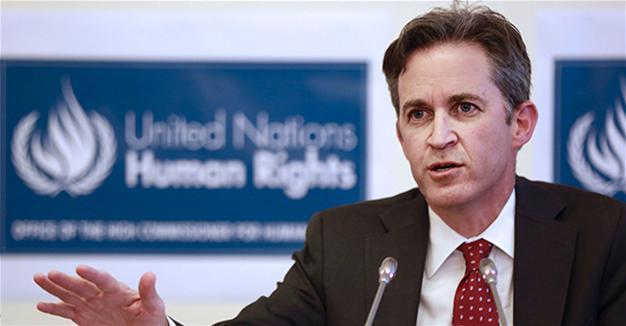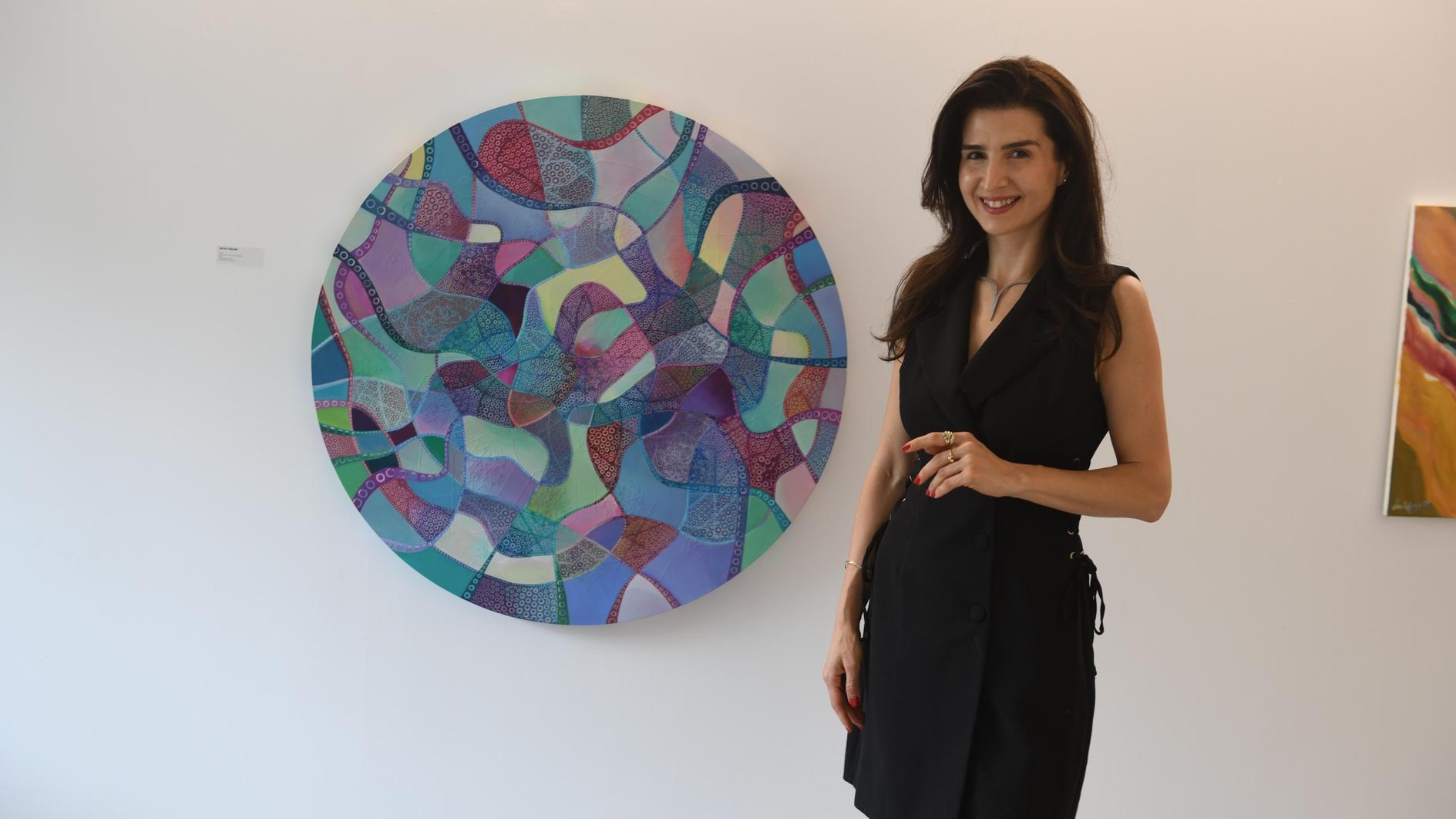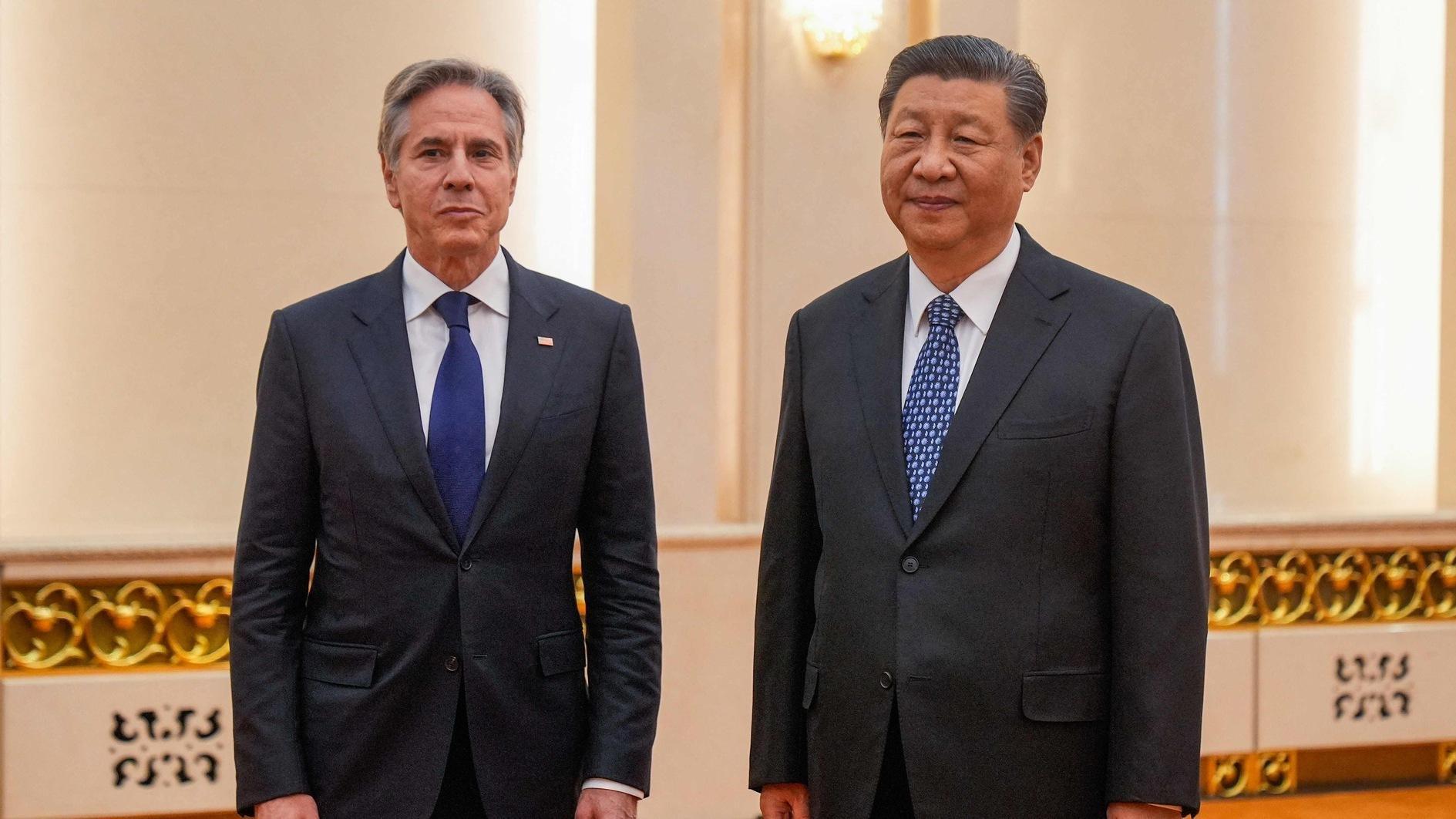After 20 years, UN Human Rights Council again on duty for Turkey
Sevil Erkuş - ANKARA

AFP photo
The U.N. Human Rights Council has started monitoring and reporting on violations of the right to freedom of opinion in Turkey, sending a special rapporteur to the country 20 years after the last such mission was conducted in 1996.“The press, digital media, opposition voices and many others are facing unprecedented pressure, from censorship to outright detention. I urge the government to reverse this course and return to protecting and promoting the rights of people in Turkey,” U.N. Special Rapporteur on the right to freedom of opinion and expression, David Kaye, told the Hürriyet Daily News.
A government has the responsibility to protect its people and national security against terrorism, but that does not give it a “blank check,” Kaye added, referring to the Turkish government’s harsh measures since the July 15 coup attempt.
The U.N. body sent its then-rapporteur to Turkey in the 1990s, a decade known in the country for infamous drastic human rights violations amid the war with the outlawed Kurdistan Workers’ Party (PKK). The U.N. Human Rights Council asked for permission to visit Turkey and the Turkish government invited Kaye in February 2016.
Kaye stressed that violations to freedom of expression in 2016 are more “serious than they were in the 1990s because the move away from freedom of expression is even more obvious.”
“In some way it’s disappointing because you have this period where human rights law became a part of Turkish law,” he said.
“So much has changed since the 1990s. Turkey is part of the global human rights system now. There were very important cases in the late 90s, but now Turkey is embedded in the Council of Europe system. All these issues that we are talking about were at different levels in the 90s, but you have a European supervision today,” he added.
Over the course of one-week as part of the official U.N. mission to the country, Kaye met with government officials, Constitutional Court and Court of Cassation members, detained journalists, NGOs and Peoples’ Democratic Party (HDP) officials.
Situation of freedom of expression is ‘grave’
Kaye expressed his “deep concern” on the measures being used by the Turkish government to erode independent opinion and expression, describing the situation as “grave.”
“The government raised its national security concerns with me, which are grounds for concern for any government. Yet the unjustified attacks on lawyers, judges, journalists, artists, academics and activists undermine security and generate polarization and long-term instability,” he stated.
Anti-terrorism laws, emergency decrees, the criminalization of defamation of the president, and stringent internet regulations amounted to “unnecessary and disproportionate” attacks on freedom of expression, even in the context of a state of emergency, the rapporteur said. He also noted that anti-terrorism laws were regularly being used as a basis to criminalize reporting and shut down all forms of media.
“I call on the government in the strongest possible terms to immediately release all those held in prison for exercising their rights to freedom of opinion and expression,” Kaye said.
Justice Ministry denied access to eight detainees
The rapporteur met detainees affiliated with the embattled dissident daily newspaper Cumhuriyet including Hakan Karasınır, Bülent Utku, Güray Tekin Öz, Mustafa Kemal Güngör and Önder Çelik, as well as writer and activist Necmiye Alpay.
However, the Justice Ministry, without giving any reason, denied Kaye access to eight other writers and journalists Aslı Erdoğan, Ahmet Altan, Mehmet Altan, Kadri Gürsel, Murat Sabuncu, Turhan Günay, Musa Kart, and judge Aydin Sefa Akay.
Referring to the blocking of websites and networks, including mobile services, Kaye said these measures were “disproportionate and incompatible with international standards.” He called on Ankara to consider adopting legislation that would impose restrictions on the “arbitrary power to block the internet and mobile communications.”
Kaye will prepare a report for the U.N. Human Rights Council on the main observations of his visit and make recommendations on the promotion of the right to freedom of expression in Turkey.
















